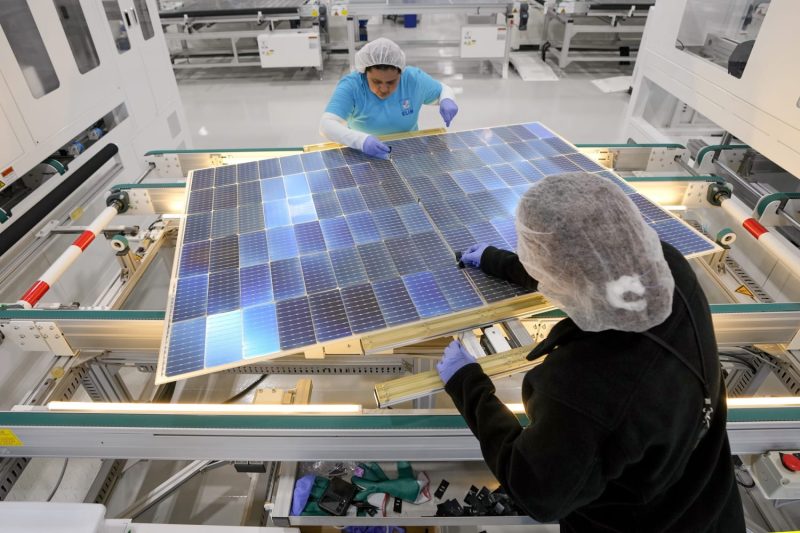In the United States, the labor market is experiencing a noticeable shift towards skilled labor as the demand for white-collar workers slows down. This change is indicative of evolving industry needs and a push towards specialized expertise in various fields. Skilled labor encompasses a wide range of professions that require specific training, certification, or education beyond basic qualifications. As automation and technological advancements continue to reshape industries, the value of skilled labor is increasing, paving the way for new opportunities and challenges in the workforce.
One of the key factors driving this shift is the rapid pace of technological innovation across industries. Automation and artificial intelligence are revolutionizing the way tasks are performed, leading to a higher demand for workers with specialized technical skills to operate and maintain these systems. As companies seek to streamline operations and increase efficiency, the need for skilled workers who can navigate complex technologies becomes paramount.
Moreover, the rise of the gig economy and freelance work has created a demand for skilled labor in areas such as coding, digital marketing, graphic design, and content creation. These roles often require specific expertise and experience, making them attractive options for workers looking to capitalize on their specialized skills. As more companies turn to freelancers and contract workers to meet project-based needs, the demand for skilled labor in these fields is expected to rise further.
Additionally, the increasing focus on sustainability and green initiatives is driving demand for skilled labor in renewable energy, environmental conservation, and green building practices. As society becomes more environmentally conscious, companies are seeking professionals with the expertise to develop and implement eco-friendly solutions. This shift towards sustainability is creating new opportunities for skilled workers to make a positive impact on the environment while advancing their careers in high-demand sectors.
On the other hand, the demand for traditional white-collar jobs, such as administrative positions and routine office roles, is showing signs of slowing down. With advancements in technology automating routine tasks and companies adapting to remote work models, the need for these roles is diminishing. As a result, workers in these fields may need to upskill or transition to roles that require specialized knowledge and expertise to remain competitive in the evolving labor market.
In conclusion, the shift towards skilled labor in the U.S. labor market reflects the changing dynamics of industries in response to technological advancements, sustainability goals, and evolving work models. As demand for specialized expertise continues to grow, workers are presented with new opportunities to thrive in high-demand sectors and contribute to innovation and sustainability efforts. Adapting to these shifts by developing relevant skills and staying abreast of industry trends will be crucial for individuals looking to succeed in the modern workforce landscape.




























